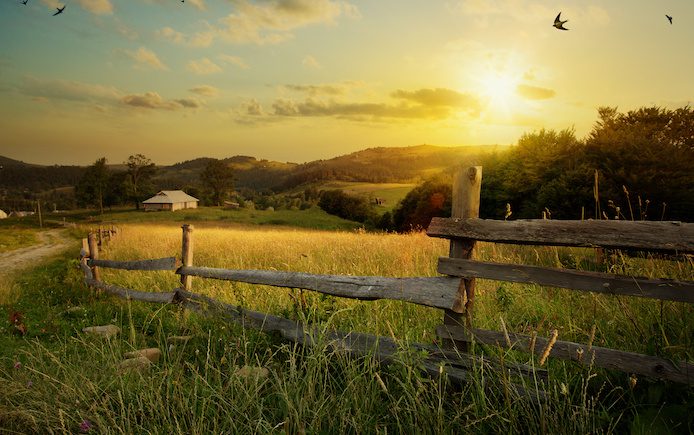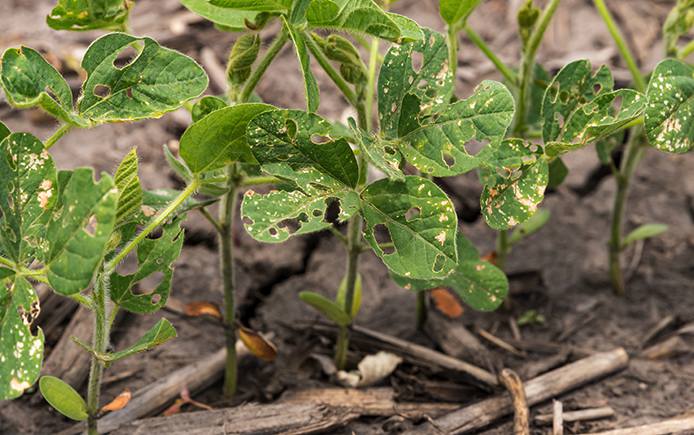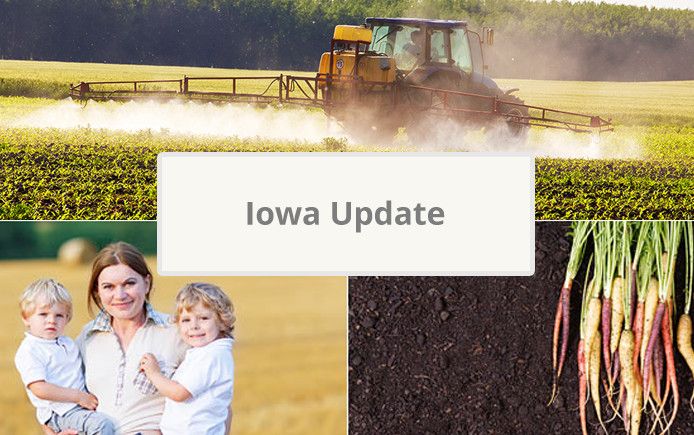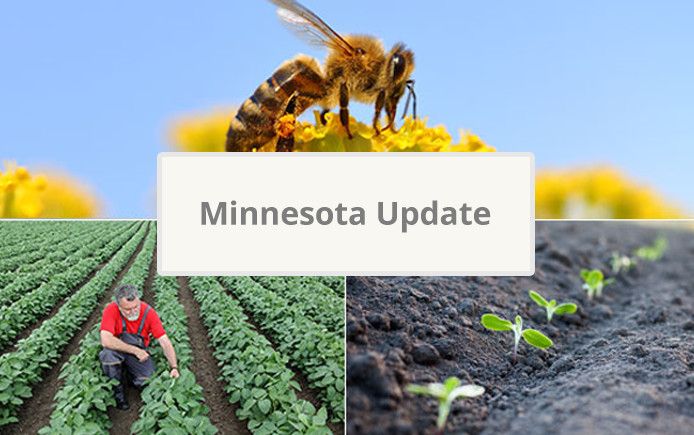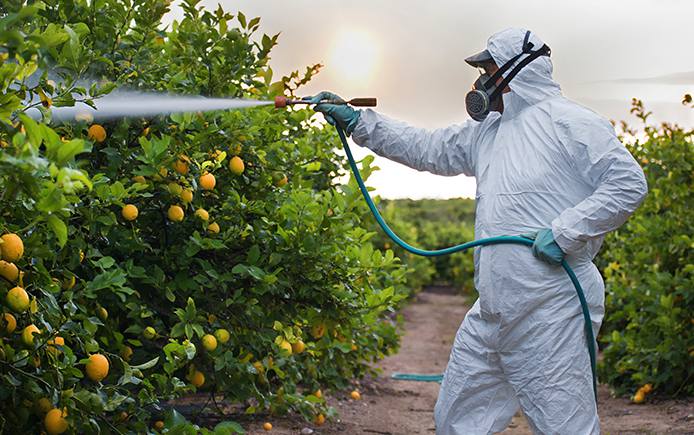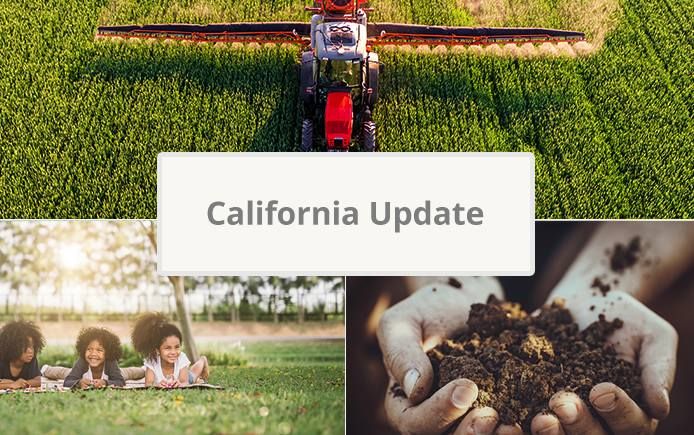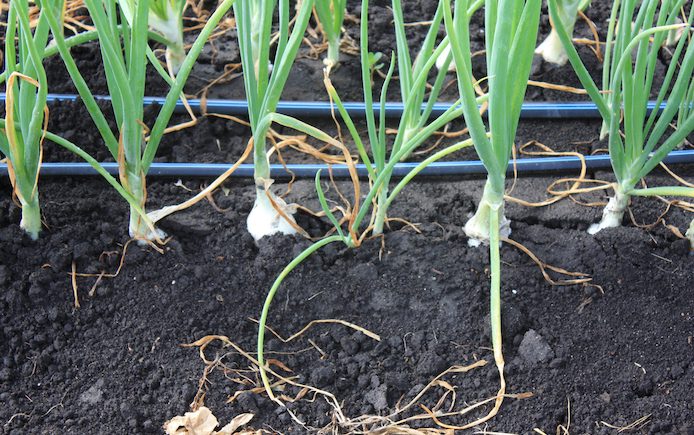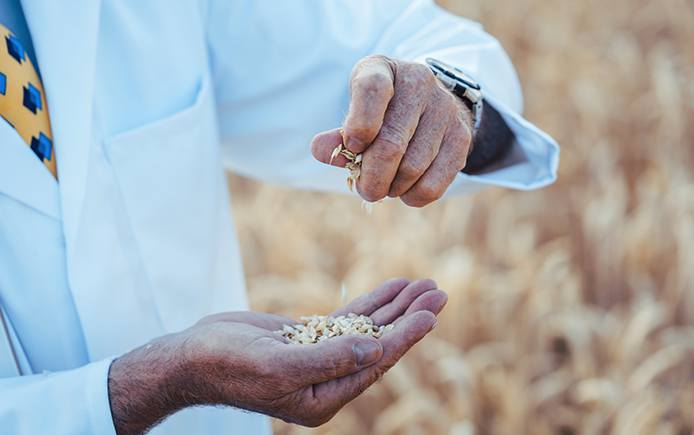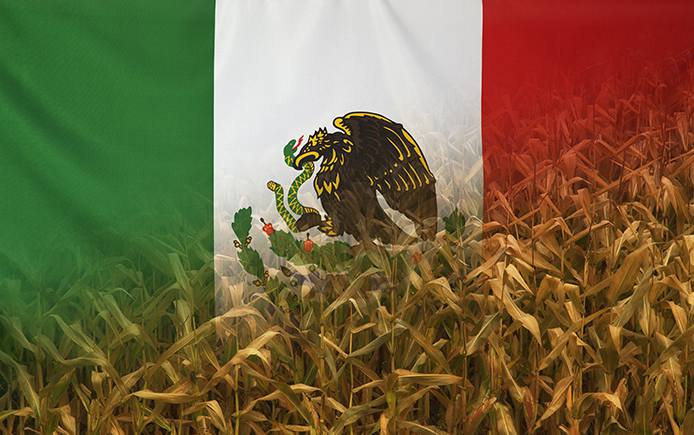22 Jul Guest blog: Land access for all
The land on which we grow and forage food is a complex ecosystem that supports and sustains us; how we view ourselves in relationship to the land influences how we interact with it. In modern Western culture, land is viewed as something to be owned and used, rather than as an entity in its own right — a member of our community that works with us.



